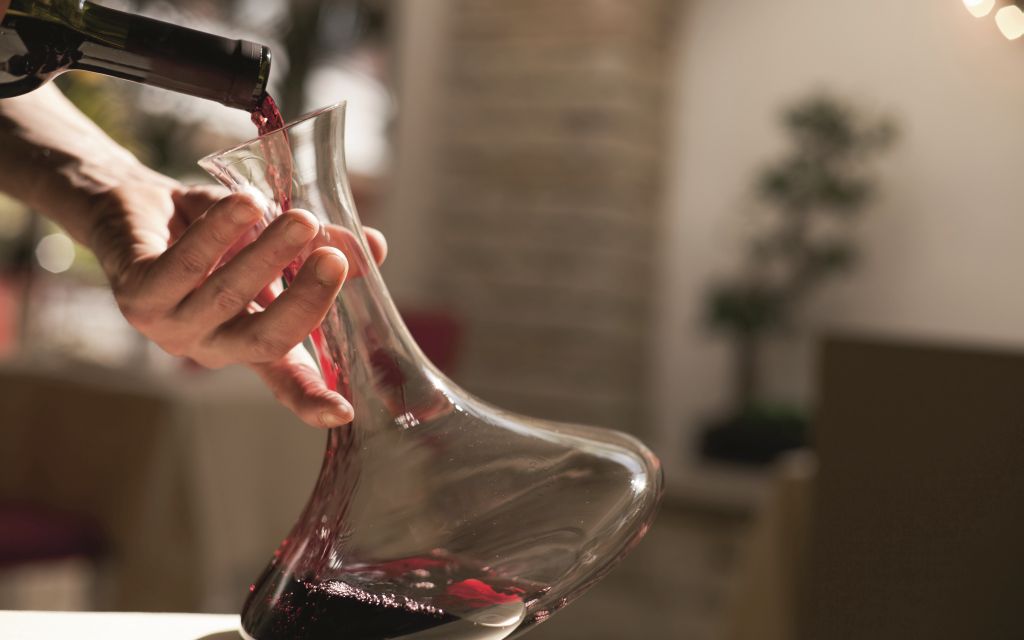Lessons in wine: To decant or not to decant, that is the question

A decanter is a vessel to pour wine into; these are almost always glass or crystal and decanters come in wonderful shapes and sizes.
Deciding whether to decant, or how long to decant for is a difficult question, even for the most fervent wine enthusiast. So here are some thoughts which might help you decide.
The only real reason to decant a wine is to remove sediment from the bottle.
Read more: Don't be intimidated by fine wine, it's a fun journey
This separates the wine deposits from the wine, which can make the wine look duller. If you are not careful, this sediment can be poured into the glass, sometimes enough to make you a wine pariah at a dinner party.
This also qualifies in the wine world as a quasicriminal act, but that’s pushing it slightly. As a rule of thumb, if you think the wine will have sediment, decant it.
A top tip is hold the bottle to a lit bulb to view the sediment at the bottom; if there’s a lot there, get it out of the bottle.
Read more: When is the ideal drinking window?
The other reason to decant, which is more polemic, is to expose the wine to rapid oxidation from contact with air. Allowing a bottle to breath in a decanter allows the wine to release more aromatic compounds, allowing the texture of the wine to soften.
Decanting also appears to soften tannins in wine, although this is a subject of debate. The more subjective choice is which wines should be decanted and for how long.
Decanting for immediate drinking would be a waste of time, adding very little to the experience and creating washing up.
Traditionally, people focus on red wines, although some white wines can benefit from a short decant, as can champagne.
Tannic wines such as Bordeaux, Barolo, Port, Napa and Rhone wines are always candidates for decanting.
Grape variety can also be a good indication so if you know you are dealing with thick skin, tannic grapes such as Cabernet Sauvignon, Nebbiolo and Malbec, you should consider aeration.
Some say that decanting can be harmful to delicate grapes like Pinot Noir. However, 1er Cru and Grand Cru Burgundies, certainly when young, should be considered for a decant, although Burgundian tradition is not to.
The rule of thumb here is to think of whether the wine was made for long term ageing. How long to decant for is tricky.
Truly powerful young wines can benefit from up to two hours in a decanter. For example, if you really have to open a young grand cru Bordeaux, decanting will optimise the experience.
On the flip side, prolonged exposure to air can diffuse and dissipate aromas, a particular risk in older wines. As such, wines with lots of bottle age should be decanted and poured within 10-30 minutes.
Drinking a case of wine over several years will give you the empirical knowledge on how long to decant; it’s a great experiment and a lot of fun.
As with all things, experience is key: a good reason to try more wine.
[custom id="2"]